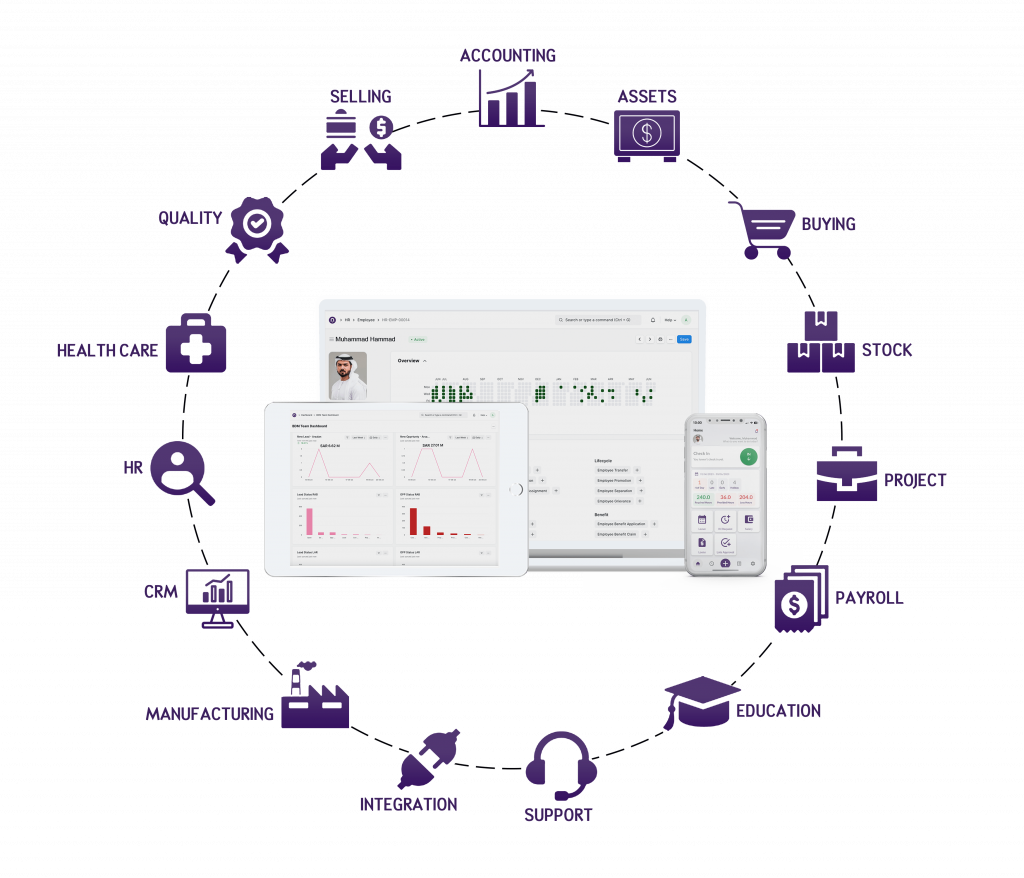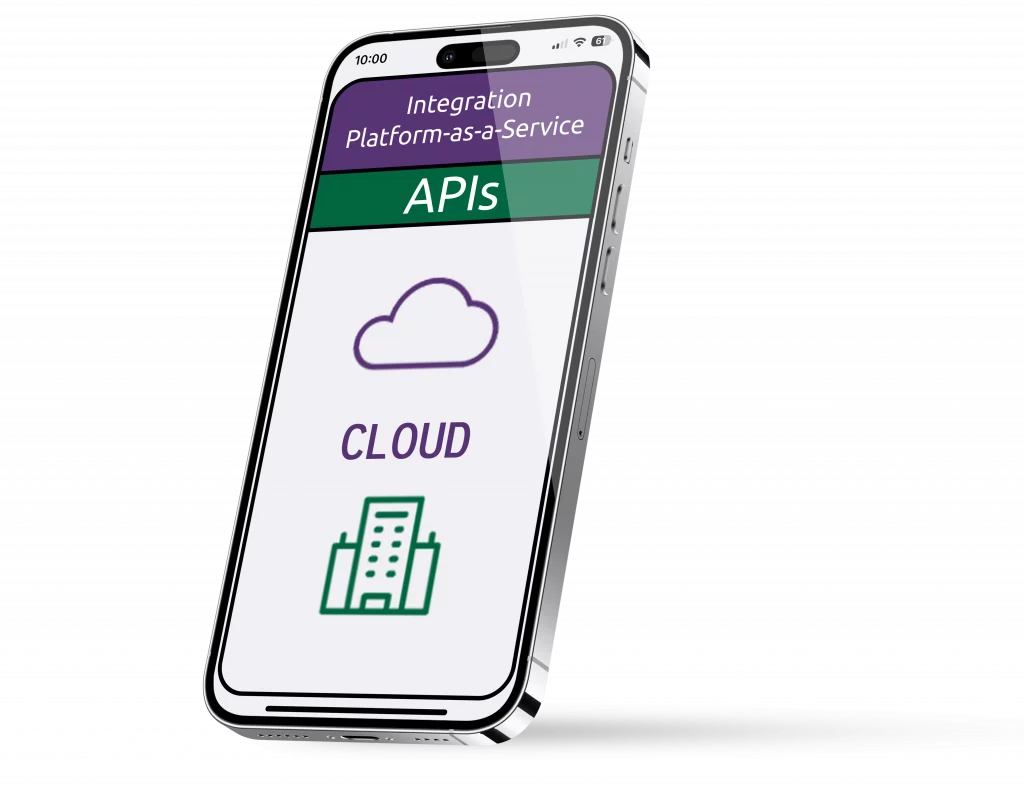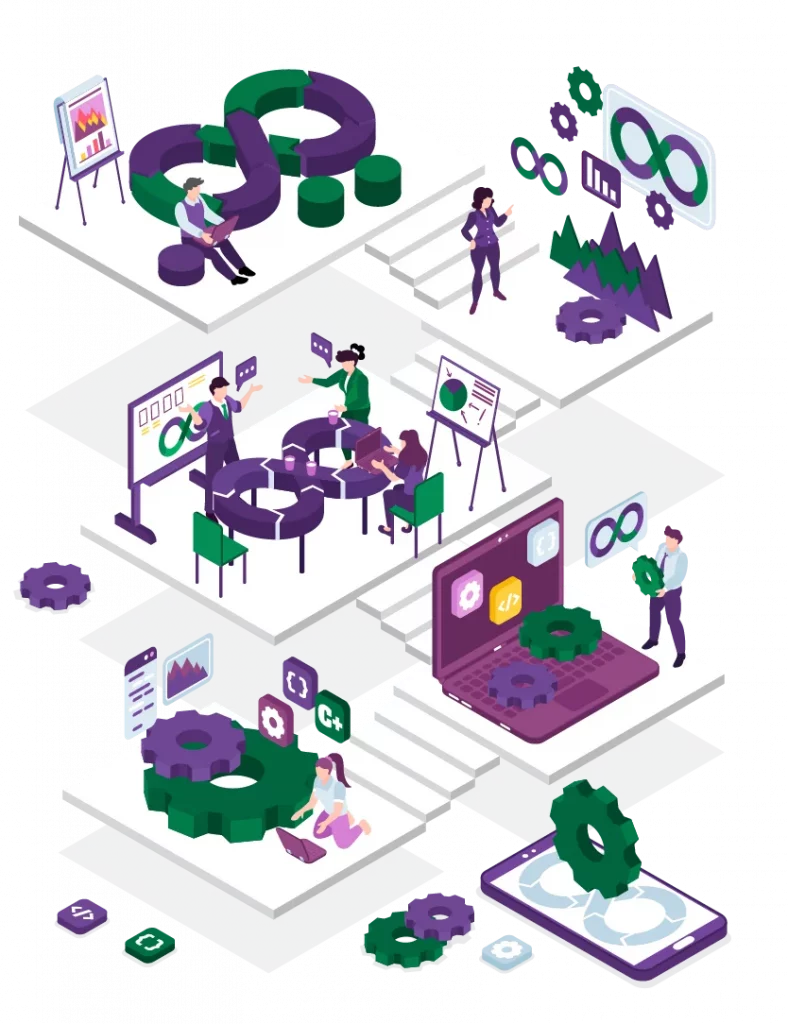ERP (Enterprise Resource Planning) and CRM (Customer Relationship Management) are two powerful types of business software, each playing a unique role within an organization. However, their focus areas differ significantly.
ERP software primarily aims to streamline internal operations. It efficiently manages resources and facilitates data-driven decision-making across all departments. ERP integrates diverse functions such as finance, human resources, supply chain management, and inventory control into one unified platform. This integration promotes seamless data flow and collaboration among these departments, enhancing efficiency. Cloud based ERP software in UAE is transforming how businesses operate, offering enhanced productivity and adaptability.
On the other hand, CRM software focuses on managing a company’s interactions with its customers. It plays a crucial role in building and maintaining customer relationships, tracking sales and marketing activities, and delivering superior customer service. By collecting and analyzing customer data, CRM offers valuable insights into customer behavior and preferences, which businesses can leverage to boost customer satisfaction and loyalty.
The main difference lies in their orientation. ERP systems are inward-facing, designed to improve internal business processes, while CRM systems are outward-facing, focusing on enhancing customer relationships. Despite the differences, both systems are essential for business operations and often work together to provide a comprehensive view of a business’s operations and customer interactions.
In summary, while ERP systems manage the entire business cycle, CRM systems help businesses cultivate and manage their relationship with customers. Both systems, including the top best ERP software in UAE, serve as invaluable tools that augment the overall profitability of a business by increasing efficiency and improving customer relationships.













